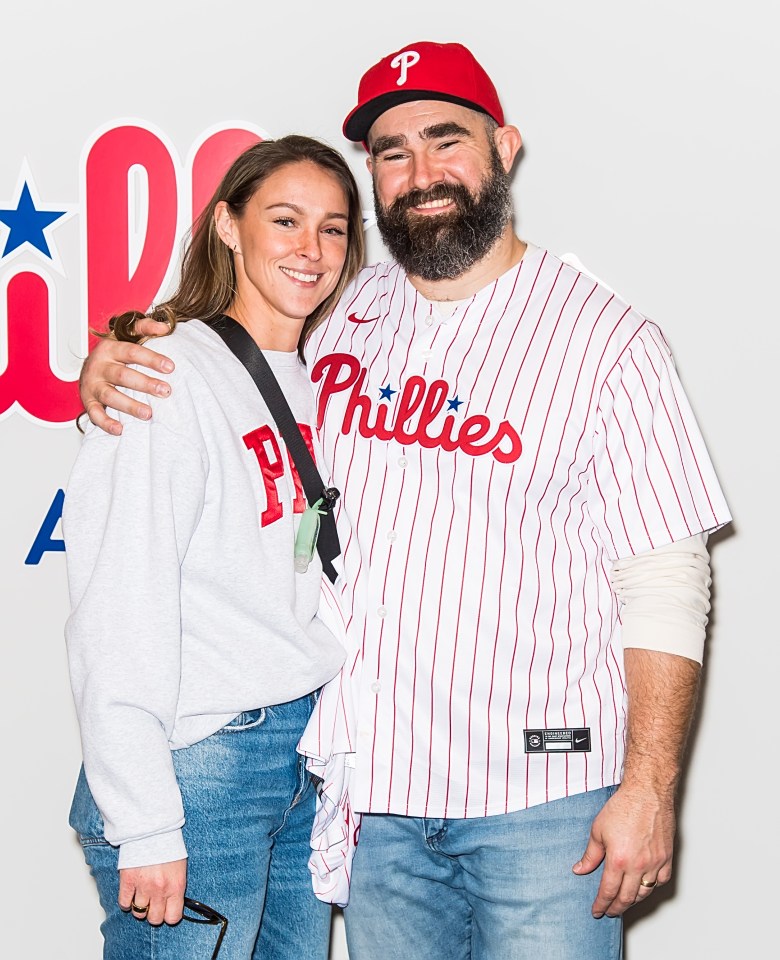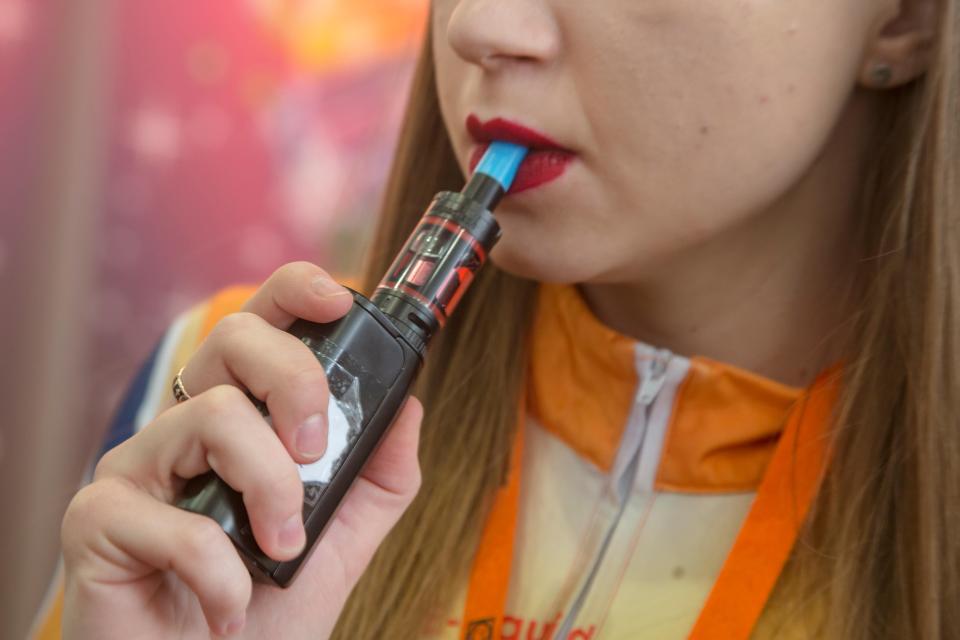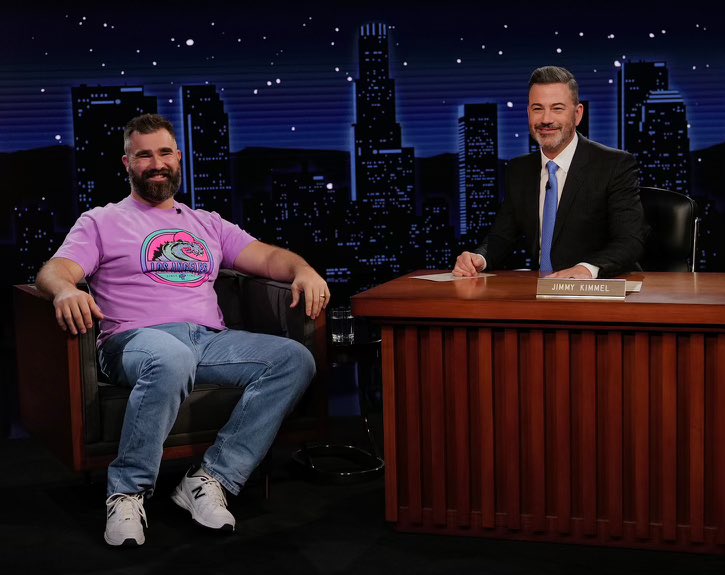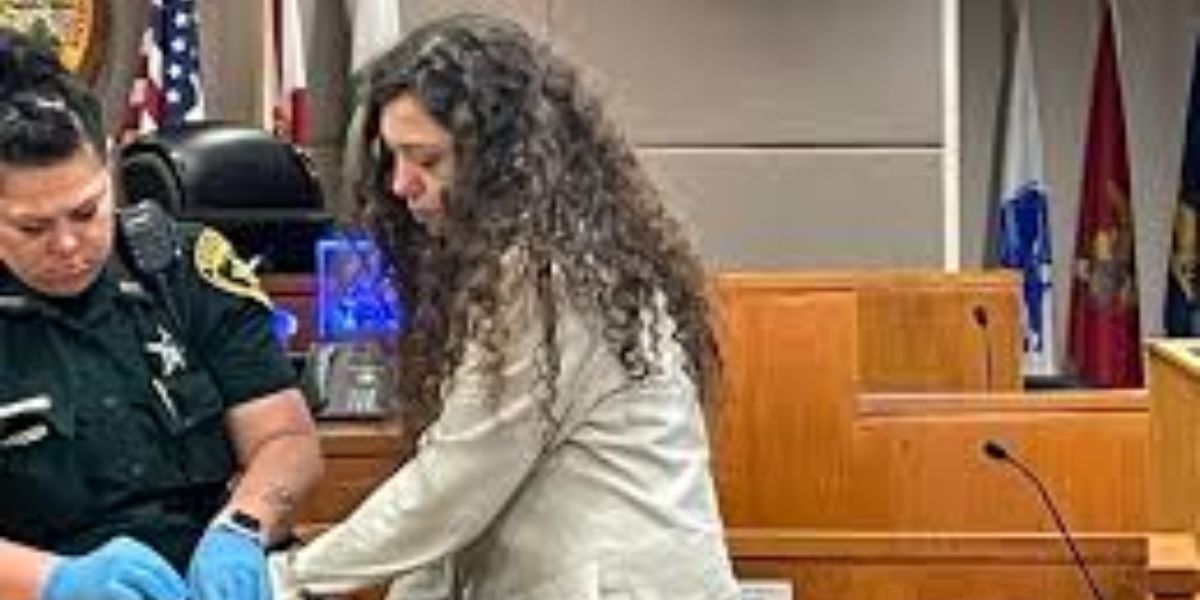Sovereign Citizen’s Final Stand: Guilty of First-degree Murder
After her final argument Friday afternoon, Neely Rayne Pesognellie Petrie Blanchard instructed the jurors in her murder trial to deliberate as long as they wished. She told them that she hoped to get the opportunity to give her side of the story because she had so much to say, and that she would see them when they made a decision.
That occurred at 2:54 p.m. Circuit Judge Lisa Herndon read aloud the final pages of the jury instructions, and the seven men and five women retired to the rear to deliberate at 3:02 p.m. At 3:34 p.m., they informed bailiffs that they had made their decision.
Inside the courtroom, Blanchard’s friends and family, as well as the victim, Christopher Hallett, sat on opposite sides, waiting for word. The clerk announced the verdict: convicted of first-degree murder with a firearm in the November 2020 shooting death of Hallett. Blanchard cried, as did Hallett’s fans. Blanchard, acting as her counsel, requested that the jury be polled. All twelve agreed she was guilty.
The jury was excused, and the judge returned to conduct an impact panel.
Reactions to the verdict
Hallett’s ex-wife commended the judge for her patience, and understanding, and for taking the issue to trial. She sincerely thanked Assistant State Attorneys Amy Berndt and Toby Hunt.
She informed Blanchard that she had taken away someone who was devoted to his children and grandkids, to her, and his significant other. She described his passing as sad and expressed optimism that they would be able to heal. She told Blanchard that she hoped to remember what Hallett did and E-Clause.
Hallett’s significant other thanked both the judge and the prosecutors. She informed Blanchard that what she had done was the ultimate betrayal, and there was no reason for shooting Hallett. She claimed Blanchard is not mad.
Blanchard’s sister and mother declined to speak.
Blanchard, a self-described sovereign citizen, was found guilty of murder and sentenced to life imprisonment. State Attorney Bill Gladson told the Star-Banner, “I’d like to thank the jurors for their diligence throughout the trial.” Being called to serve on a jury is one of the highest kinds of community service. I’d also like to congratulate the prosecutors for their diligent efforts to pursue justice for the victim and the citizens of the wonderful state of Florida.”
Bailiffs handcuffed and fingerprinted Blanchard before leading him to the back. After that, she was brought to the county jail. It is unclear when she will be sent to prison.
The shooting
Blanchard traveled on Interstate 75 after the incident to meet with her husband. The two then headed to Georgia.
Sheriff’s deputies were dispatched to the incident site. There, a mom and a teenage girl, now 20, were discovered uninjured. They were inside the Marion Oaks residence when the incident occurred. The younger woman testified at the trial that she witnessed Blanchard shooting Hallett.
During their investigation, deputies were able to determine Blanchard’s whereabouts and call authorities in Georgia, who detained the couple. Blanchard was remanded to Marion County and has been in jail since 2020.
Officials suspect the shooting occurred because Hallett was unable to retrieve Blanchard’s children, who had been removed by state officials. Hallett founded E-Clause, which aims to reconnect parents with children taken away by the state. Hallett founded the company when his children were seized by governmental officials.
Blanchard had been working with Hallett from 2017 to 2020, but she thought she was not receiving appropriate assistance. Blanchard remained at Hallett’s home the night before the shooting, according to officials. Many people gathered in the courtroom for the trial. In total, 22 witnesses testified, and 35 pieces of evidence were introduced. The jury selection phase of the trial began on Monday.
In her closing statement, prosecutor Berndt stated that Blanchard wanted what she wanted when she wanted it and that she would go to any length to attain her goals. Berndt stated that when Blanchard’s eldest daughter was taken from her, she removed the youngster from school. When her twins were removed from her custody, she took them away from her mother’s care.
Blanchard decided to take matters into her own hands and repeatedly shot Hallett because she felt she wasn’t making enough progress in regaining custody of her children, according to Berndt. The prosecutor claimed Blanchard admitted to shooting Hallett and that her actions were premeditated. She cited various data to support her theory.
First, she claimed Blanchard told her sister and mother that Hallett was a liar who had lied about sending her children to her mother’s home. Second, the lawyer claimed that Blanchard brought her husband’s gun to Hallett’s house and concealed it on the sofa the day before the shooting.
Blanchard was caught on tape acting normally while staying in an Ocala hotel. When Blanchard was shooting Hallett, the gun jammed. According to Berndt, Blanchard removed the jam and fired several more shots at Hallett’s torso from close range. A doctor from the Medical Examiner’s Office stated that Hallett was shot seven times. Blanchard testified that she shot Hallett five times.
“She intended to kill him,” Berndt stated.
Berndt presented a clip of Blanchard saying, “I prayed about it.” I considered it before I did it. “I didn’t just do it.”
Berndt stated about Blanchard’s temporary insanity defense that the woman “wasn’t disillusioned and she knew right from wrong.” She stated that Blanchard’s medical record from the Georgia jail contains no reference of a mental condition or her seeking assistance.
The prosecutor claimed that Kathy Watson’s recording of Blanchard shooting Hallett, which was aired in court, indicated Blanchard was not insane. Watson testified for the defense. Berndt described Blanchard’s phone contacts to her mother and Watson about shooting Hallett as usual behavior. That’s why neither of them dialed 911.
“That’s how she acts,” Berndt added.
Berndt claimed Blanchard did the same thing a decade ago during her custody case. She does not obey the rules.
Blanchard’s Concluding Argument
Blanchard told jurors that she stood before them as a mother, sister, and daughter. She said the state had not shown its case. She claimed to have experienced a brief psychotic episode at the time of the murder.
Blanchard claimed that people like her, who have sovereign ideas and refuse to accept political authority, are not treated fairly. She informed jurors that her life was in their hands. Blanchard then began to stray from the topic, and the judge and Berndt had to remind him several times to stay on track.
After Blanchard repeatedly disobeyed the judge’s order, the judge halted Blanchard’s closing argument and dismissed the jurors from the courtroom. The court cautioned Blanchard that if she did not follow the rules, she would be unable to proceed with her closing.
Blanchard requested a break and was given one to think about what she wanted to do. Returning, she told the judge, “I’m not sure what the regulations are. “I am not an attorney.”
Blanchard, fumbling through her stacks of documents, stated that she was ready to go. The jury returned to the courtroom, but Blanchard’s closing did not change. She repeatedly discussed non-related topics such as Donald Trump, the government, and different conspiracy theories. The judge dismissed them all. A few statements were permitted to survive, including the following: “Chris is smiling wherever he is, saying that’s my girl.”
The Judge Says No
Blanchard submitted a motion to delay the hearings Friday morning so that she could have an attorney. The judge, like in previous rulings, refused the motion, telling Blanchard that she believed it was a stall tactic. The judge ruled that Blanchard elected to represent herself because the trial had reached its conclusion and it was too late to seek legal counsel. The defendant finished her case on Friday morning. The state called a rebuttal witness, Dr. Jason Demery, who had previously testified in the trial during a competence hearing.
Demery, a psychologist and neuropsychologist, told the court that he had previously worked for both the state and the defense and testified in instances involving the death penalty and insanity. He stated that he evaluated Blanchard for 2 1/2 hours and read several data describing the defendant’s background. These data include her child custody filings, jail calls, text messages before and during the incident, and medical records.
According to the doctor’s observations, Blanchard has no mental ailment or defect, such as bipolar or schizophrenia. He emphasized that to be declared legally crazy, one must have a mental condition or defect that prevents them from knowing what they are doing or if it is wrong.
Demery, after reviewing her data and speaking with her, stated that Blanchard demonstrates intelligence, focus, and determination. She is also egotistical, and paranoid, and believes the system is biased against her.
He determined that Blanchard knew what she was doing when she shot and murdered the victim. He claimed she had the presence of mind to clear the weapon when it jammed while shooting Hallett. Blanchard’s cross-examination of Demery included many questions that were irrelevant to the case. When she asked questions on the case, she swiftly veered off-topic, and either the prosecutor or the judge had to remind her to stay on track.











